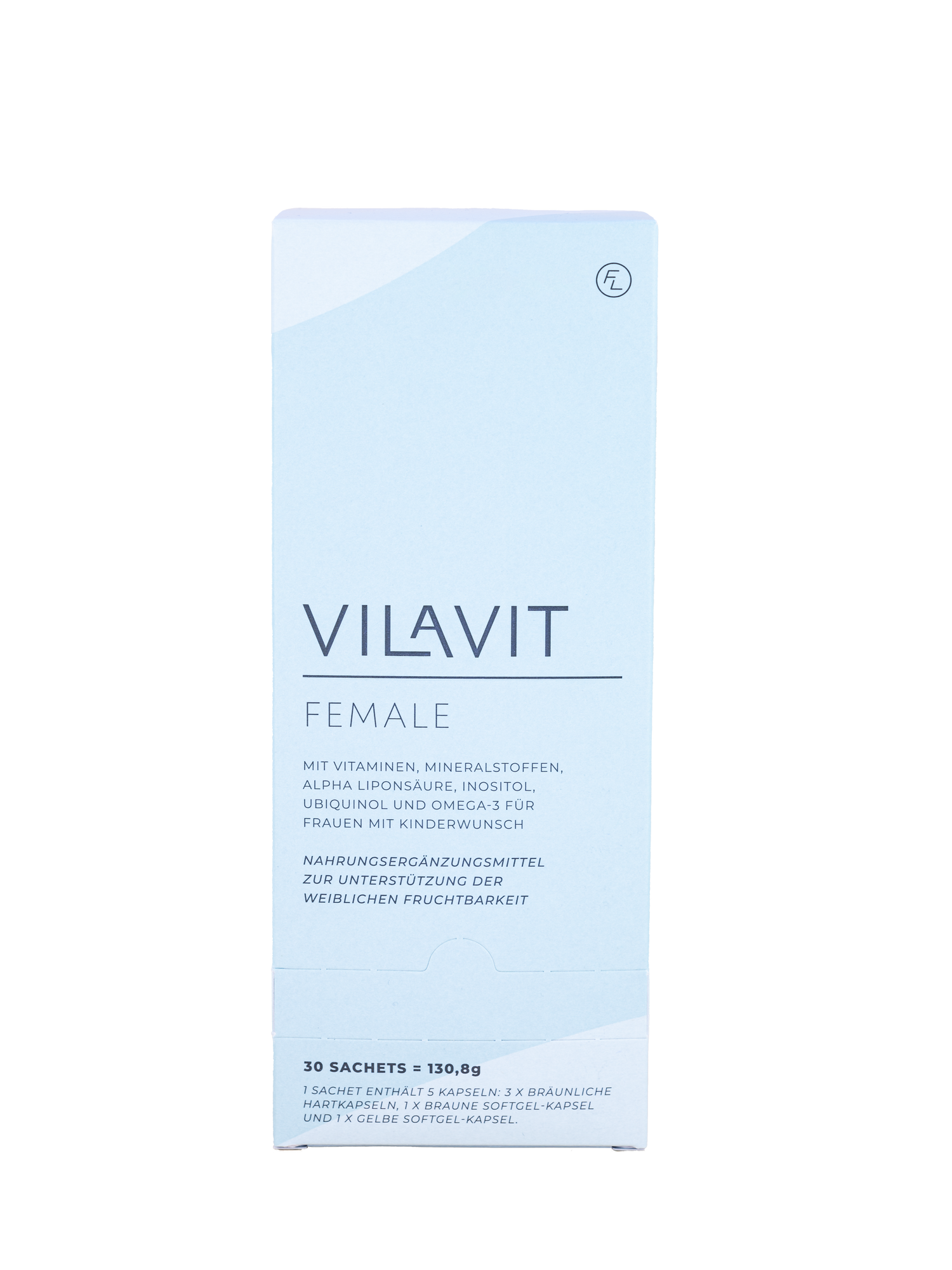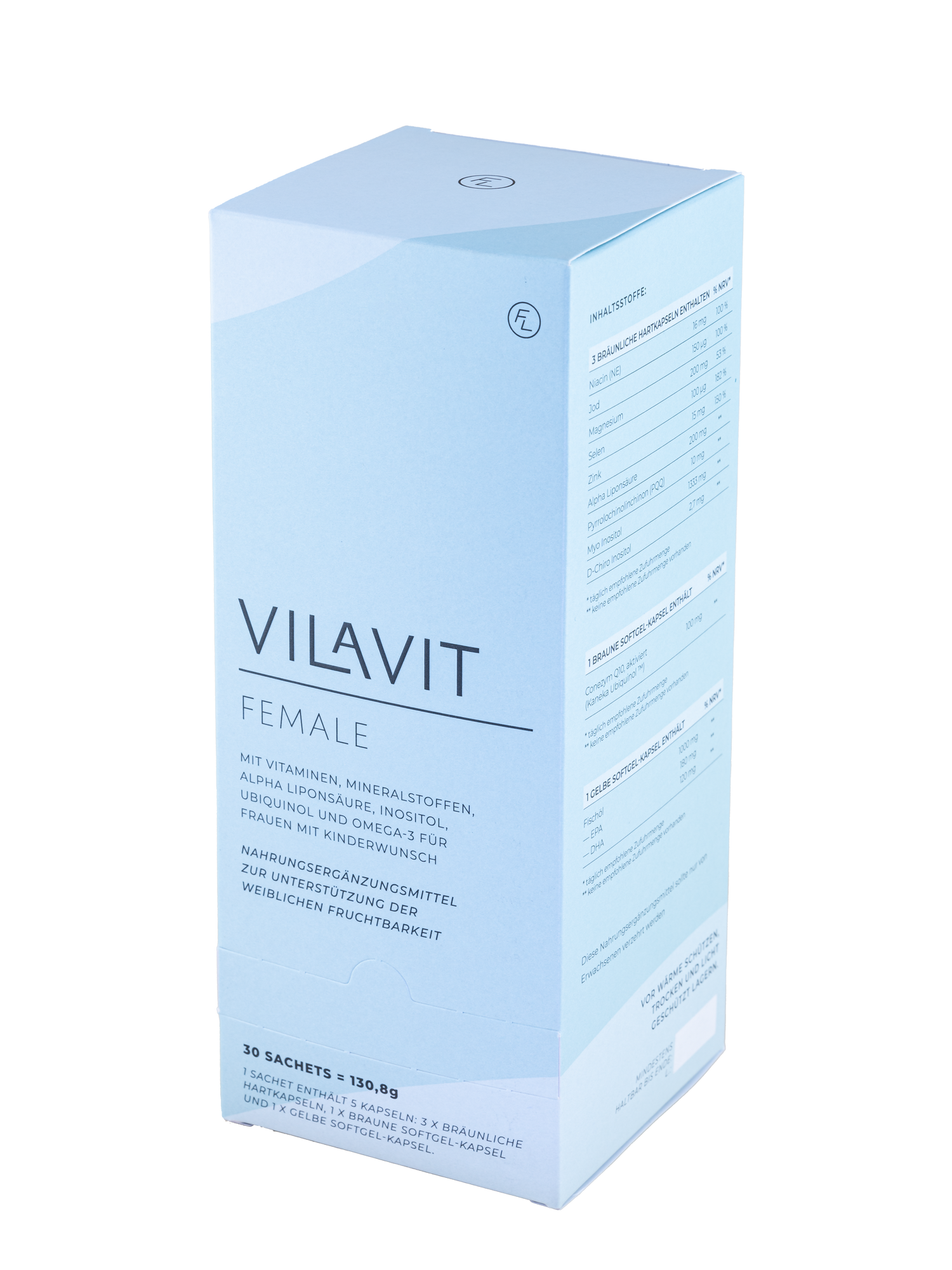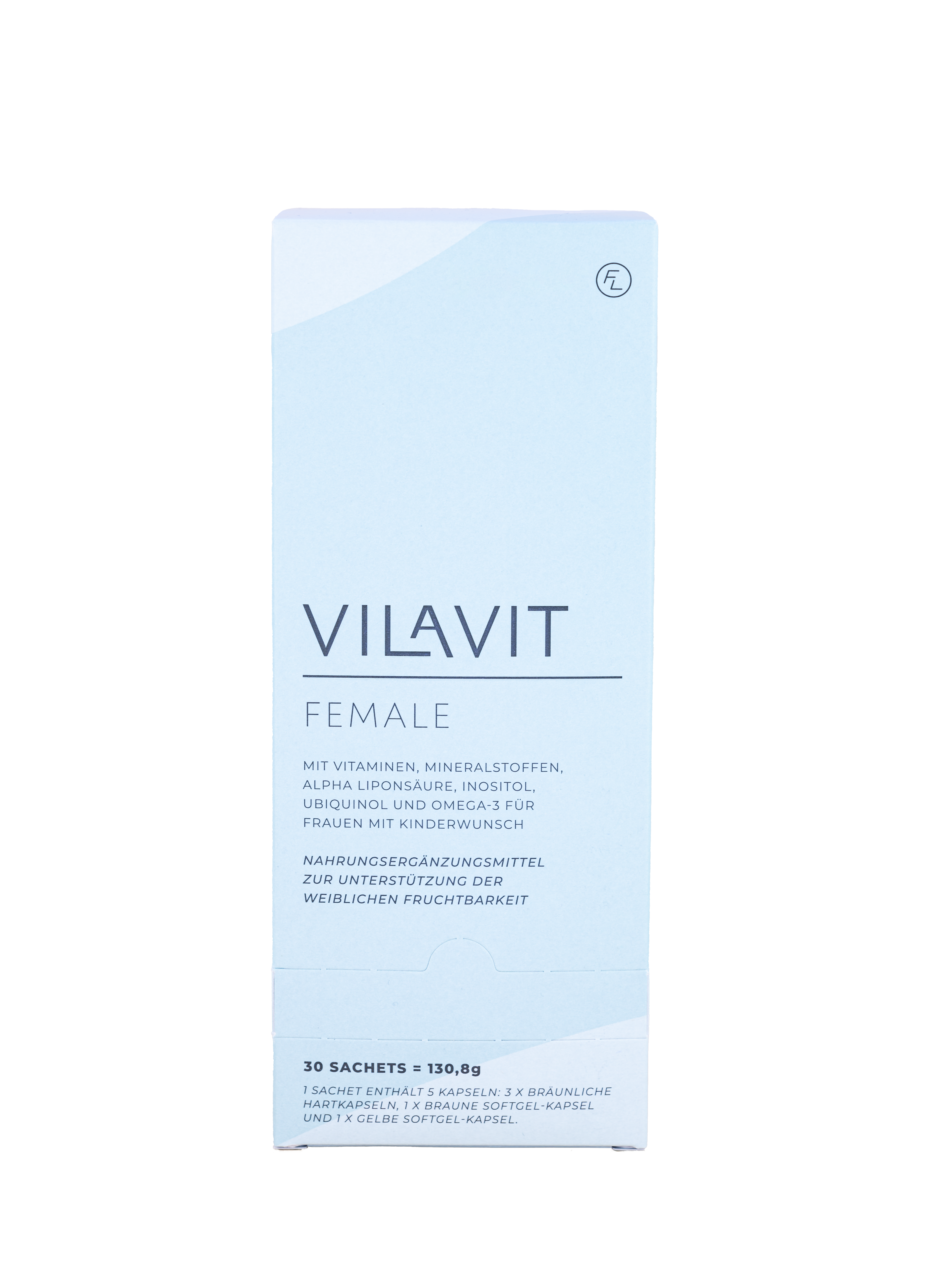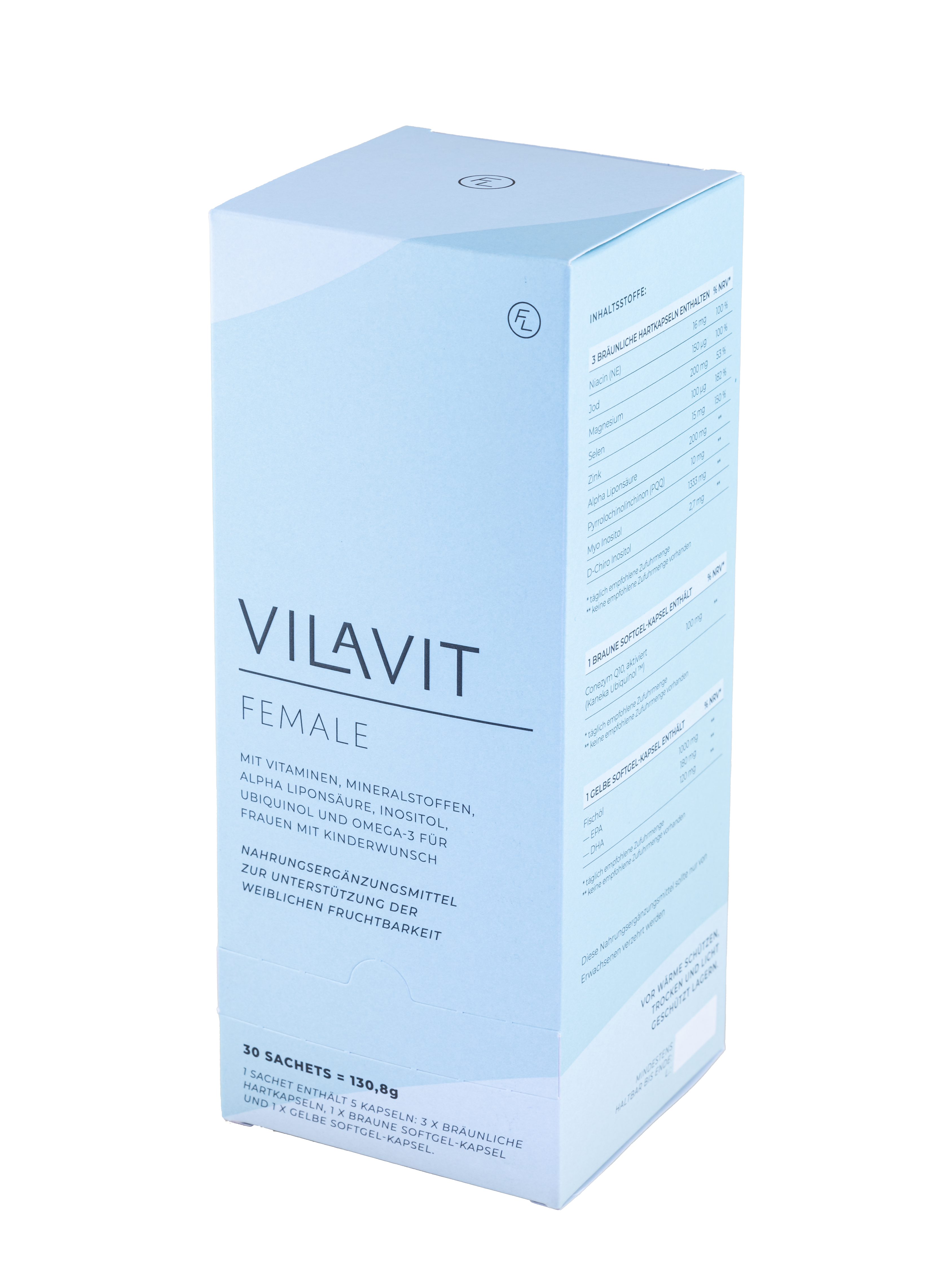What is Osteopathy?
Osteopathy is a holistic method that focuses on identifying and treating the root causes of discomfort. Tension patterns in the body that have developed over a prolonged period lead to limitations in movement, to which the body responds with changes, adaptations, and compensations. If left untreated, this can result in movement and functional disorders, ultimately leading to pain.
What role does the osteopathic approach play in fertility?
As mentioned, it is a holistic method. It incorporates the fascial system as well as the craniosacral system. Treatment aims to improve blood circulation in the abdominal area, thereby favoring implantation of the egg. The nervous system is relaxed, and cycle regulation occurs.
What is your approach with new patients? What does a typical treatment plan entail?
That's actually the great thing about my work; it's never the same. Every woman is different, every story is unique.
I always start with a conversation to create a medical history.
Here, in addition to many basic details about the patient, I ask questions such as how regular the menstrual cycle is, how long it lasts, whether there are ovulations, etc.
Then it very much depends on the phase the woman or the couple is in. Is it at the beginning of the fertility journey, is it a couple that has already undergone many examinations, or is it a couple in the midst of assisted reproductive technology, including IVF?
For me, it's important to know if there are scars in the body, especially in the abdominal area, such as an appendectomy scar that is adhered in the deep layers? Have there been or are there many urinary tract infections? All of this is interconnected.
Through visceral quick tests, I get an overview of the abdominal region. But I also examine the spine carefully.
Because I have been working in the field of fertility for a long time, I have many methods that have proven themselves, but I have also adapted some or, after some time, I have found that it is very important to work cycle-dependent.
Therefore, I have developed my own method and treat differently in the first half of the cycle than in the second. But even with IVFs, I am very happy to prepare women for egg retrieval and have found out what a positive impact it is to work on the day of transfer as well.
How long does an osteopathic treatment typically take to have a positive impact on fertility?
Unfortunately, there is no one-size-fits-all solution, and it would be unprofessional to say that you will get pregnant after three treatments. The treatments always enrich the fertility journey because you deal with your body.
Are there any lifestyle changes or supplements to consider in addition to osteopathic treatment that couples trying to conceive should consider to improve their chances of successful conception?
Of course, it is optimal to eat a balanced diet, not to smoke, ideally not to drink too much alcohol, to exercise sufficiently, to take good supportive nutrients, and above all to know your body.
By that, I mean knowing: What is good for me, what is not. How can I put myself first during this time, which can sometimes bring you to your personal limits, self-care.
Are there situations where osteopathic treatment might not be the suitable option for couples trying to conceive?
Since osteopathy can be seen as supportive, there are generally no restrictions.
However, I believe one should not try too many different methods simultaneously (acupuncture / shiatsu / TCM herbs / fertility yoga / hypnosis, etc.).
Often patients come with a long list of what they and their partners have already done for fertility or what they have already given up. Here I think again of my famous red thread. Too much of a good thing only causes more uncertainty, and soon you feel like you're doing everything already and it still doesn't work. Unfortunately, this leads to great frustration.
For more information, visit www.praxisamkutschkermarkt.at.
















